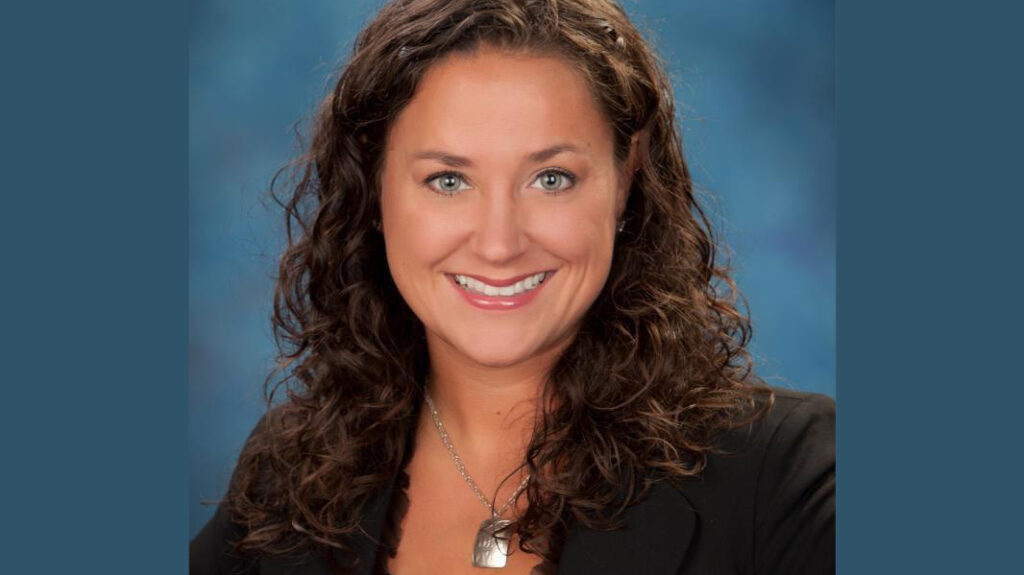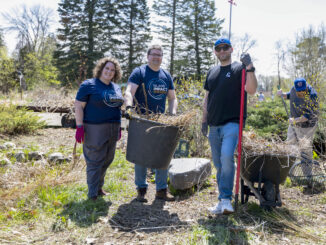By Rebecca George
September was Responsible Gaming Month, a reminder that gaming should be a form of entertainment, not a source of harm. In Washington state, tribes are leaders in promoting responsible gaming, working year-round through policy, education, prevention, and treatment.
For more than three decades, tribal government gaming has helped Washington tribes regain our self-reliance, create opportunities, and lift people out of poverty. It has also helped make tribes vital contributors to the state’s economy.
The success of tribal gaming is rooted in careful regulation, established through decades of thoughtful negotiation and collaboration between tribal governments, the state, and federal authorities. The result is a system that rightly allows responsible adults access to enjoy gaming and other entertainment opportunities at well-run and monitored tribal casinos, while also ensuring there are clear safeguards and support in place for people who may be at risk of problem gambling.
Gambling addiction is a real, serious behavioral health concern, and its risks are growing nationwide with the expansion of unrestricted, illegal online gaming available 24/7 on smartphones. To make matters worse, seeking help for addiction is too often stigmatized, undermining treatment and recovery.
Despite these challenges, Washington tribes have made meaningful progress. Their approach to minimizing and treating problem gambling emphasizes positive, culturally relevant messaging, year-round outreach, expanded provider training, and better integration of problem gambling awareness into behavioral health systems. For tribes, responsible gaming is not just a casino issue — it’s a community health priority.
Every year, the Washington Indian Gaming Association (a trade association of 23 gaming tribes in Washington state) works with tribes on multiple fronts to proactively address problem gambling, contributing more than $2 million to education, prevention, treatment, and wellness programs. Tribes also tackle problem gambling through self-help programs, awareness-building campaigns, casino self-exclusions, and ban requests.
Equally important, tribes in Washington champion culturally tailored programs to produce the best possible outcomes. Options range from culturally appropriate marketing and outreach programs to treatment programs, aftercare, group therapy, family support, and other interventions. Some tribes focus their limited resources on serving their citizens. Others, with the means to do so, open programs up to tribal and non-tribal members alike.
WIGA tribes also work together to fund an annual statewide public education campaign that directs people to WATribesCare.org so that those affected by problem gambling know where to turn for help. That campaign is being refreshed and will launch in early 2026.
Addressing addiction is an ongoing effort, and tribes in Washington are committed to continual learning and refining their efforts to prevent and treat problem gambling. It’s something we put enormous thought and effort into, and we will continue to do so. But we can’t do it alone. Progress requires collaboration with state leaders, health systems, and the public to support prevention, treatment, and responsible play.
While problem gambling affects a relatively small proportion of the population, its consequences can be devastating for individuals and their loved ones. By working together in a committed and sustained way, we can provide help and hope.




